Italian cinema with the advent of neo-realist filmmaking has given the world some excellent and nuanced films, films which have set standards of filmmaking at a global scale. They have continued this tradition of making good films even till date. The best of the best, here is the list of top Italian films ever. You can watch some of these best Italian movies on Netflix, Hulu, or Amazon Prime.
15. Life is Beautiful
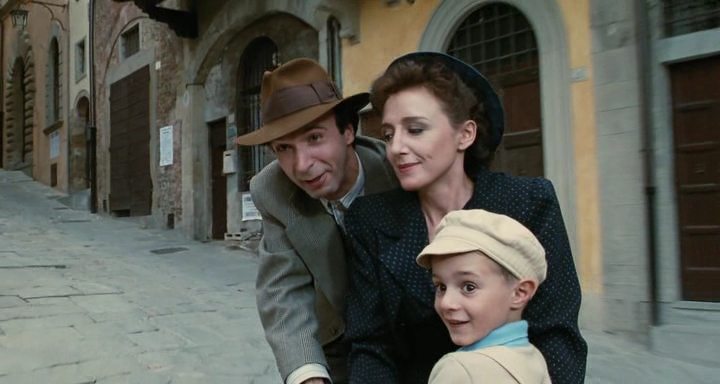
Also known as La Vita e Bella, this film is a comedy drama that frankly deals with some shocking source material. Roberto Benigni’s film where he stars as Guido Orefice, a Jewish baker, is based loosely on a book called ‘In the End, I Beat Hitler’ and his own father’s accounts of times spent in a Nazi camp. While the film, initially received a bit of flak for turning such grave matters into comic escapades, Beningni’s film later went on to win critical acclaim and international success. The plot follows the story of the baker who wishes to protect his son from the horrors of the concentration camp trying to trick him into believing that the camp is actually a game. The sacrifice of the father at the end marks the emotional undercurrent present underneath the comic nature of the film. The message of the film much like its title can be described as beautiful and Beningni’s work deserves a firm spot on the list as one of the finest Italian movies the world has seen.
Read More: Best Free Movies and TV Shows Apps
14. Gomorrah
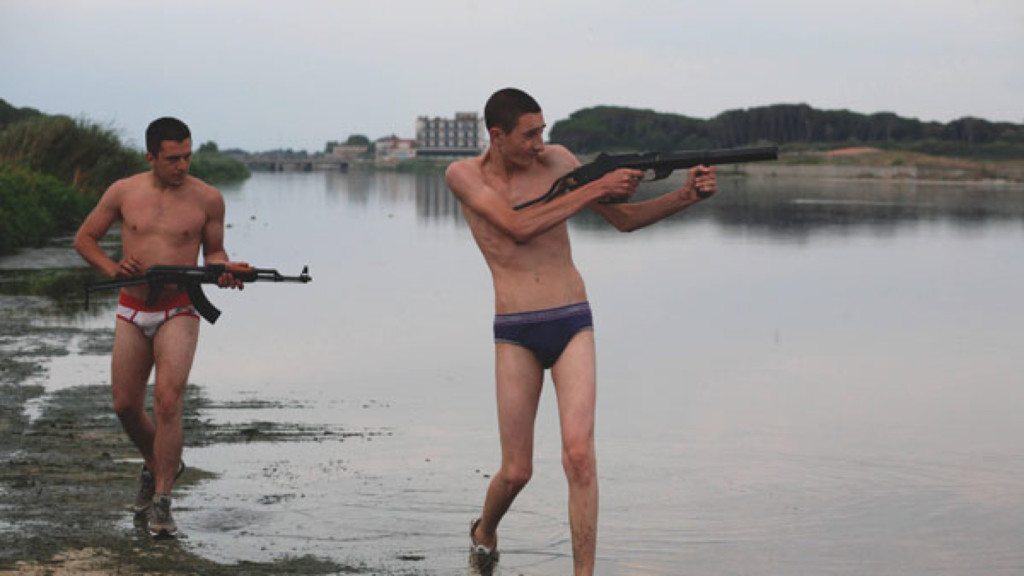
This film is proof that Italian filmmaking still has what it takes to amaze us. Not all Italian films that have won critical and commercial success are old classics. This 2008 movie directed by Matteo Garrone is based on a book by Roberto Saviano. It focuses on the Casalesi clan, a criminal organization structured like the traditional mafia of Italy. The film is broken into multiple parallel narratives, they focus on different people who aren’t really connected but their lives intersect and their stories portray a realistic picture of crime in Italy. The film’s expert navigation of a sensitive subject matter and its success in portraying crime in its harsh reality without romanticizing it earns this film a well deserved spot on this list.
Read More: Best Women Empowerment Movies of All Time
13. The Conformist
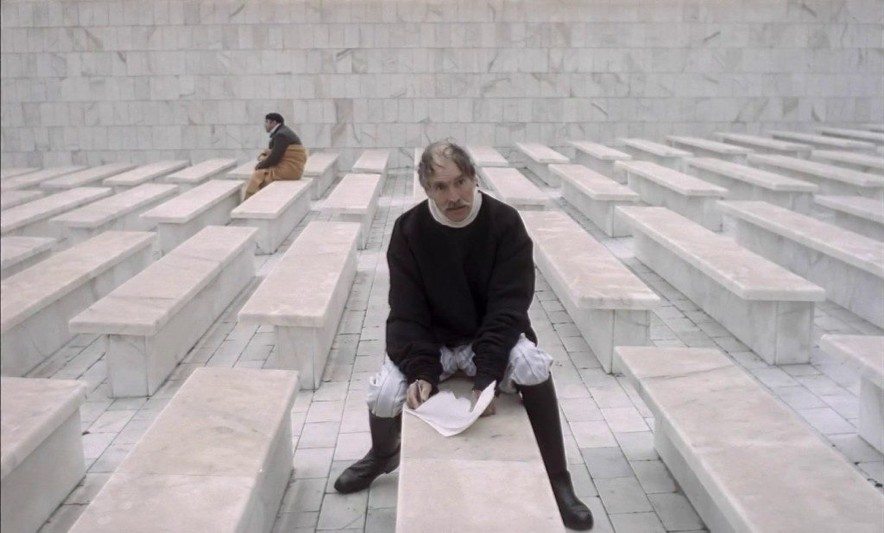
Directed by Bernardo Bertolucci based on Alberto Moravia’s novel of the same name, this film is a thriller drama. A fast moving plot that uses both current narrative and retrospective narrative, the film follows Marcello a young man tasked with assassinating his former professor an outspoken anti fascist. Unable to perform the task himself, which becomes even more complicated as he falls for the professor’s wife, Marcello hands the task off to another of his comrades. The task is executed and Marcello loses his former professor and his new love. The film cuts to the fall of the fascists and Marcello’s estranged upbringing is mirrored in his estranged situation at the end of the film where he denounces the fascists but at the same time is not a part of the new revolution. Crafted excellently the film is a testament to a man’s shifting loyalties and search for a sense of belonging.
Read More: Best Cricket Movies of All Time
12. Umberto D.
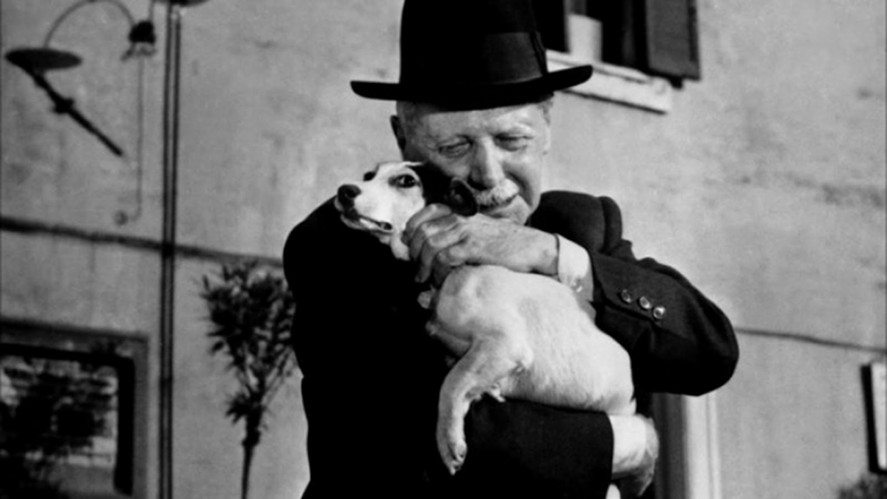
One of Vittorio De Sica’s finest films, and in fact De Sica’s favorite personal work, the film follows the tale of a retired government employee who faces eviction from his landlady and his relationships with his two friends – his maid and his dog. A poignant tale, the film explores the mind of the protagonist Umberto D. Ferrari who struggles to make ends meet and failing that tries to ensure a safe abode for his dog and commit suicide himself. The film was cited by Ingmar Bergman as a personal favorite as well, and the themes of surviving on friendships as the only sustenance of old age is a resonating aspect of this excellent film.
Read More: Best Dance Scenes in Movies
10. La Notte
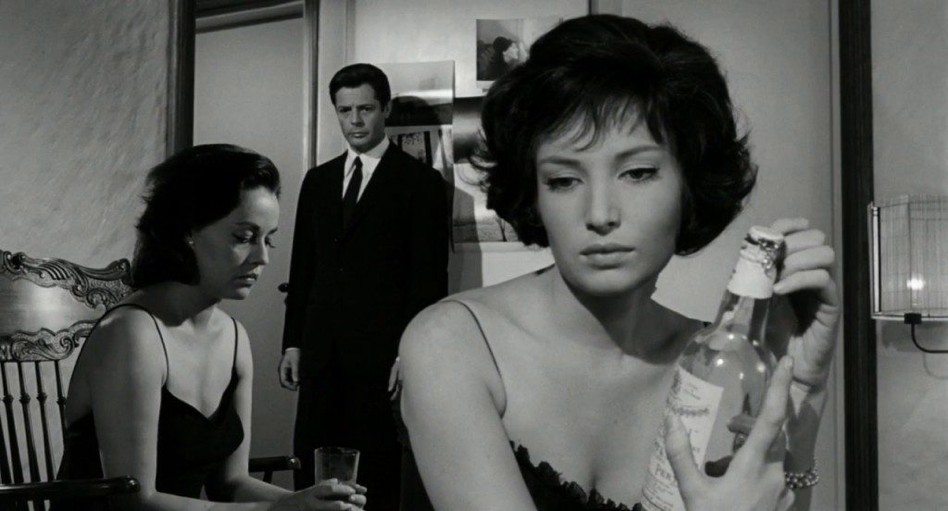
The central part of Antonioni’s trilogy, the first part features high up in the list. However, this should take anything away from this masterfully crafted film, starring Mastroianni, Vitti and Jeanne Moreau. The film explores a day in the life of a married couple and once again the plot is driven more by character development and emotional realizations than by any overt decisive action. A finely made movie, the plot follows the couple as they realize within the course of a day how they’ve fallen out of love with each other and yet the husband deludes into trying to make the marriage work. The film showcases top notch acting and the nuanced handling of the underlying boredom amongst seemingly successful and affluent people shows Antonioni’s genius as a filmmaker.
Read More: Best Spanish Movies of All Time
10. L’Eclisse
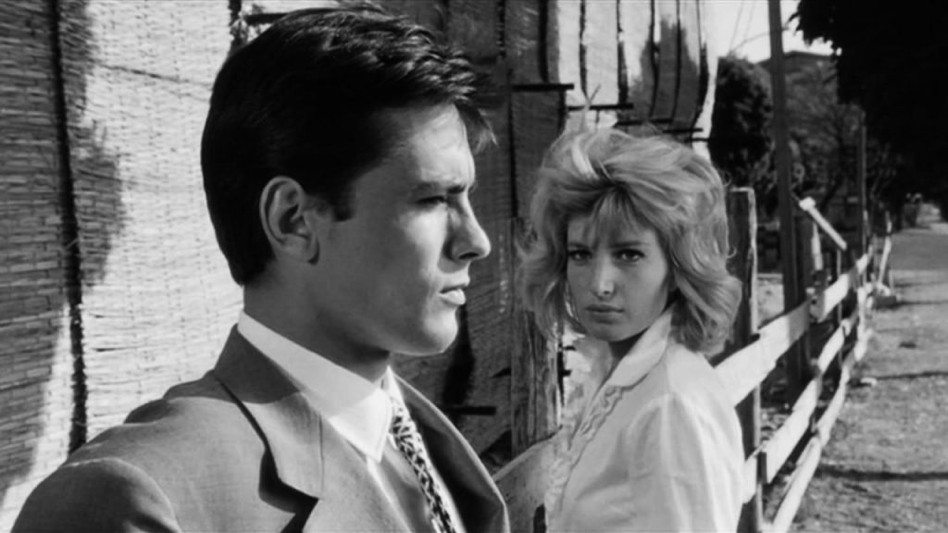
The concluding film of Antonioni’s trilogy, this movie does not disappoint. Deft handling by the director and compact acting on the part of Monica Vitti and Alain Delon makes this film a strong contender in this list. Like the other two parts of Antonioni’s trilogy, this film too explores human emotions in all their honesty. The film follows the affair between a woman and a stockbroker whose material aspirations get in the way of what might have very well been a fulfilling relationship. The pitfalls of human minds and hearts is adeptly expressed in Antonioni’s excellent work. The trilogy as a whole could not have merited a better ending.
Read More: Best Mother Daughter Movies of All Time
9. Cinema Paradiso
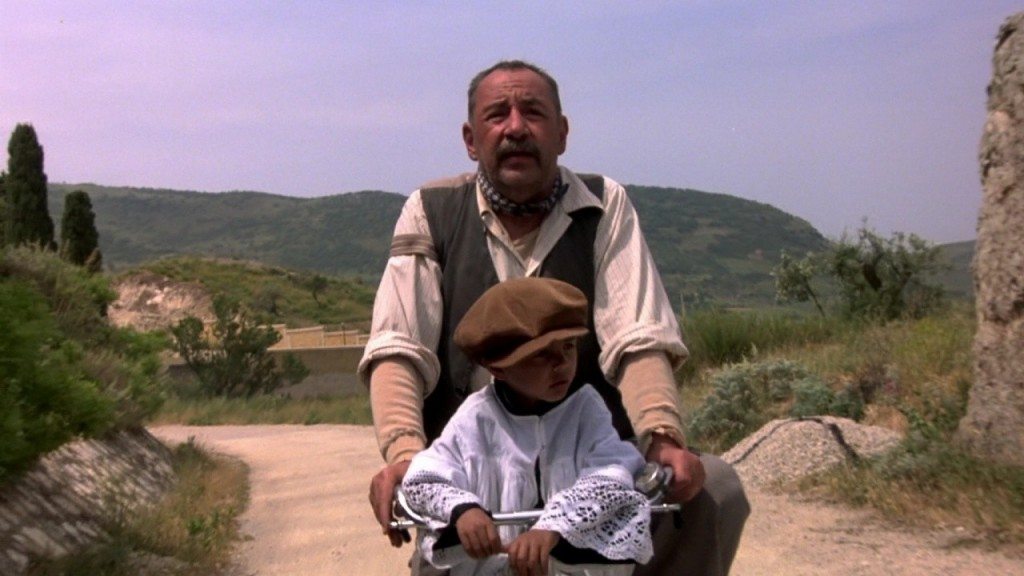
Directed by Giuseppe Tornatore, this film is definitely going to appeal to the hearts of any cinephile. A film about the love for cinema and how it unites a young boy and an old man, the film packs brilliant acting and an emotional plot to deliver a cinematic success that has been recognized and lauded by critics and viewers alike. The plot follows a flashback narrative style where an established director hears the news of the demise of his hometown projectionist, Alfredo and he is thrown into a nostalgic trip where he recalls his childhood and rediscovers his roots. Cinema Paradiso is a sublime viewing experience and is a definite recommendation for cinema lovers.
Read More: Best Virtual Reality Movies of All Time
8. Rome, Open City
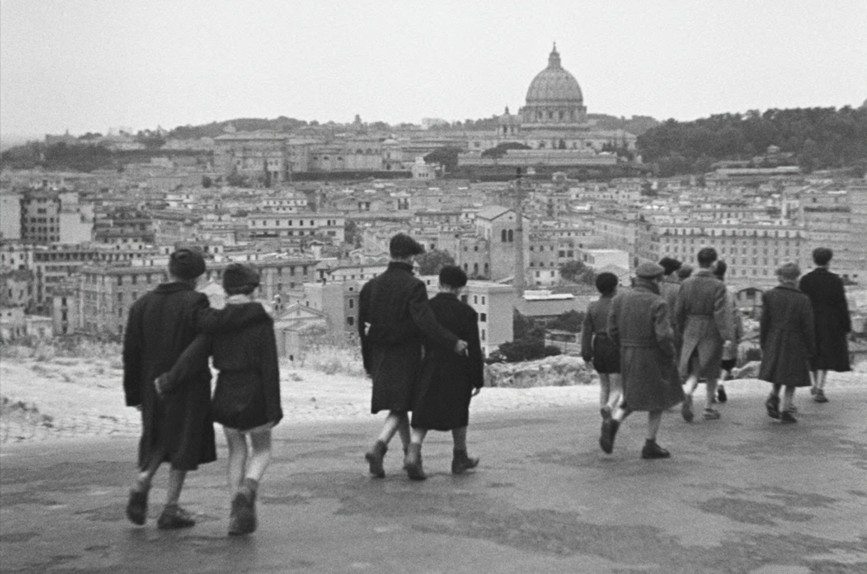
Directed by Roberto Rossellini, this drama film is one of the finest works to come out of the Italian neorealist phase. Titled after the time that Rome was declared an open city, the plot itself is based in a Nazi occupied Rome. The tale follows the exploits of the freedom fighters and a brave priest who protects them and tries to help the resistance. An incisive view into the atrocities of the war, and the resilience of human nature the film is filled to the brim with emotions that culminate in the priest’s execution. An excellently handled film with rounded performances from the entire case, Rossellini’s movie remains an integral part of Italian and global film history.
Read More: Best Hacker Movies of All Time
7. La Strada
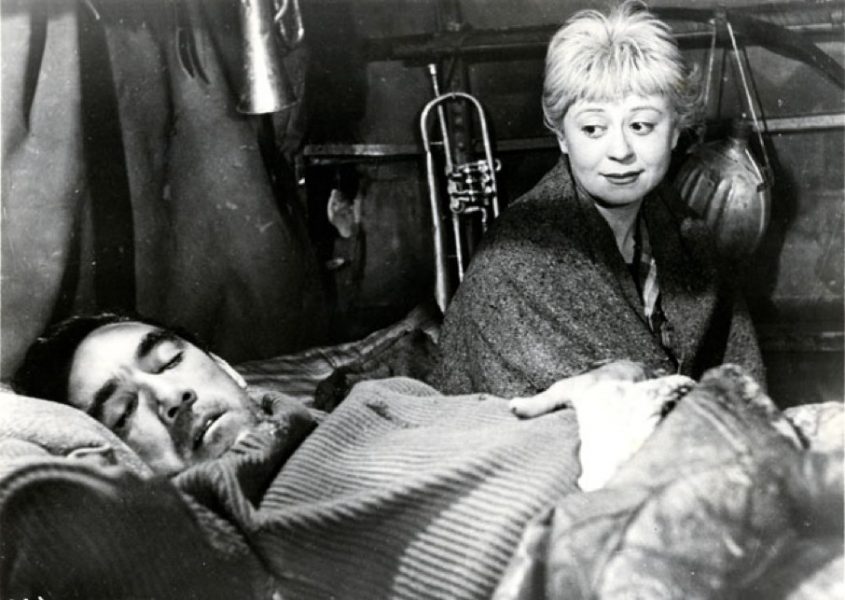
Probably one of Fellini’s most controversial films, certainly this drama was the most nerve-racking for Fellini himself as he had admitted. The story follows the partnership on the road between a naive young woman and a performing strongman. The tale is one of surface cruelty and servitude and interplay of human emotions. However, as is Fellini’s style, the evident human interactions have undercurrents of human ambiguity, and the strangeness of nature. The strongman Zampano played by Anthony Quinn who is throughout cruel to Gelsomina played by Masina, finally realizes the brutishness of his own actions and breaks down in tears at the climax of the film. The emotional journey of the strongman and this woman is expertly woven into Fellini’s toughest film, but a film that he made to perfection nonetheless.
Read More: Best Plastic Surgery Movies of All Time
6. La Dolce Vita
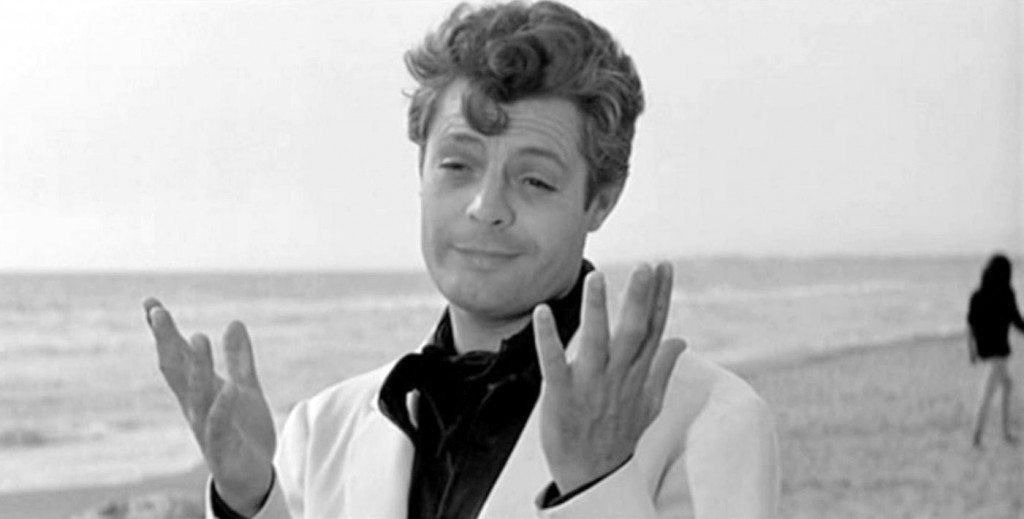
The third film on the list too is a work by Fellini. It goes to speak volumes about the immense artistic powerhouse that this man was. La Dolce Vita which literally translates to the good life is an episodic tracking of a journalist who works for a gossip magazine and goes through Rome in search of love and happiness. The structure of the film is intricate as it is divided into seven episodes ensconced in a prologue and epilogue. Mastroianni plays the role of the journalist Marcello Rubini who makes Rome his hiding spot and the ground for his quest of happiness. The deft handling of the sublime plot and the fantastic acting makes this film one of the most critically acclaimed films of all time.
Read More: Best Life Changing Movies of All Time
5. Suspiria
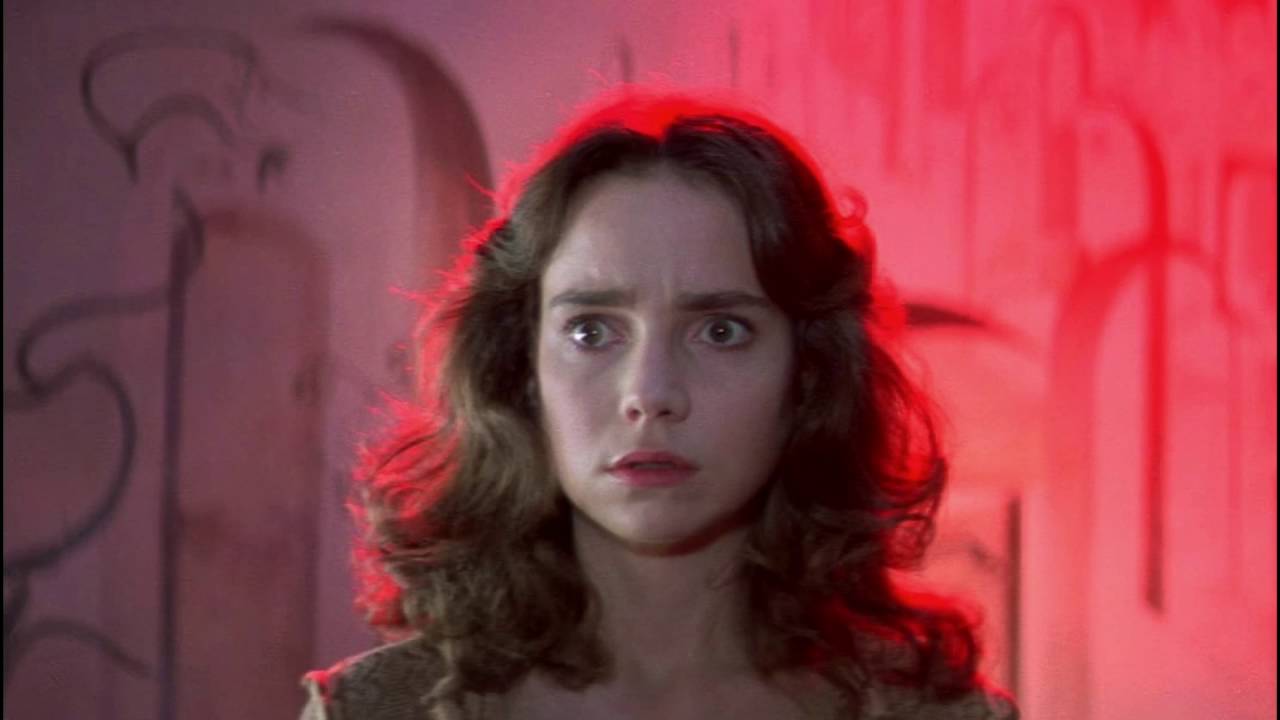
Directed by Dario Argento this film is based on Thomas de Quincey’s essay and is one of the finest horror films to emerge from the Italian body of films. It is also considered as one of Argento’s finest works and has gone on to win critical acclaim globally for the stylistic flair and vibrant colorization that underlies the film. The plot itself follows an American ballet student who joins a prestigious academy in Germany before she realizes that it is a front for something supernatural and sinister. Amidst the murders that take place this student must try to survive the horror of the academy. Handled finely, the elements of horror are pervasive throughout the film and Dario ensures that the visuals itself are delectable. Together, these aspects go on to make Suspiria an extremely pleasurable watch.
Read More: Best Portuguese Movies of All Time
4. The Battle of Algiers
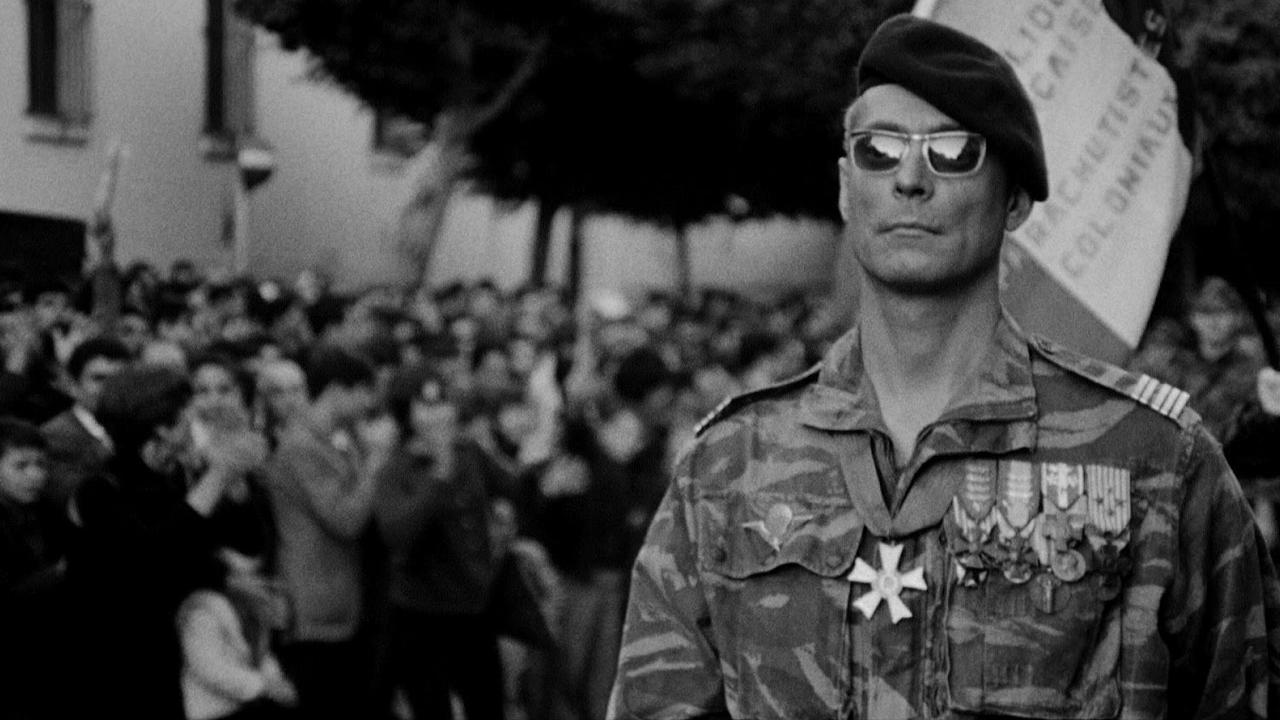
Directed by Gillo Pontecorvo, this film was shot using a newsreel style that went on to be a major motif of Italian neorealist cinema. The film is a brilliant example of guerilla fighting and is set in the aftermath of Algiers as the rebel fighters attempt to take back the capital from French paratroopers. Excellently made the film serves as a harsh critique of the inhuman forces used by colonizers. The film is one of the most important films to have been made in the global scale due to its historic significance and remains an excellent example of Italian filmmaking at the same time.
Read More: Best Mexican Movies of All Time
3. L’Avventura
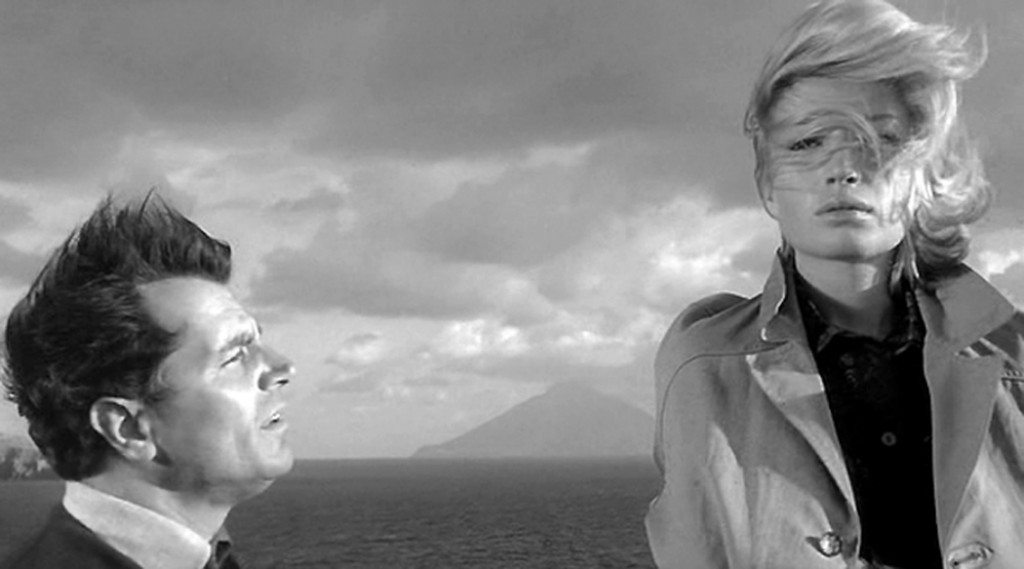
Directed by Michelangelo Antonioni, this film is perhaps one of the greatest structural masterpieces in filming history. The plot follows a simple enough line where three friends go on a boating trip to the Mediterranean and one of them go missing. The other two in their search for this woman begin to fall in love with each other. Starring Monica Vitti, for whom this was a breakthrough role, Lea Massari and Gabriele Ferzetti this film showcases Antonioni’s prowess in character development and script pacing. An excellent subversion of mainstream cinematic techniques, Antonioni introduces a motif that should under normal circumstances guide the plot, that is, the disappearance; however, the film becomes about the romance between the two friends and the disappeared woman has no spatial presence in the film. A fine example of filmmaking in general, this movie is part of a trilogy which includes La Notte and L’Eclisse, and is an excellent example of Italian filmmaking.
Read More: Best Myanmar Movies of All Time
2. Bicycle Thieves
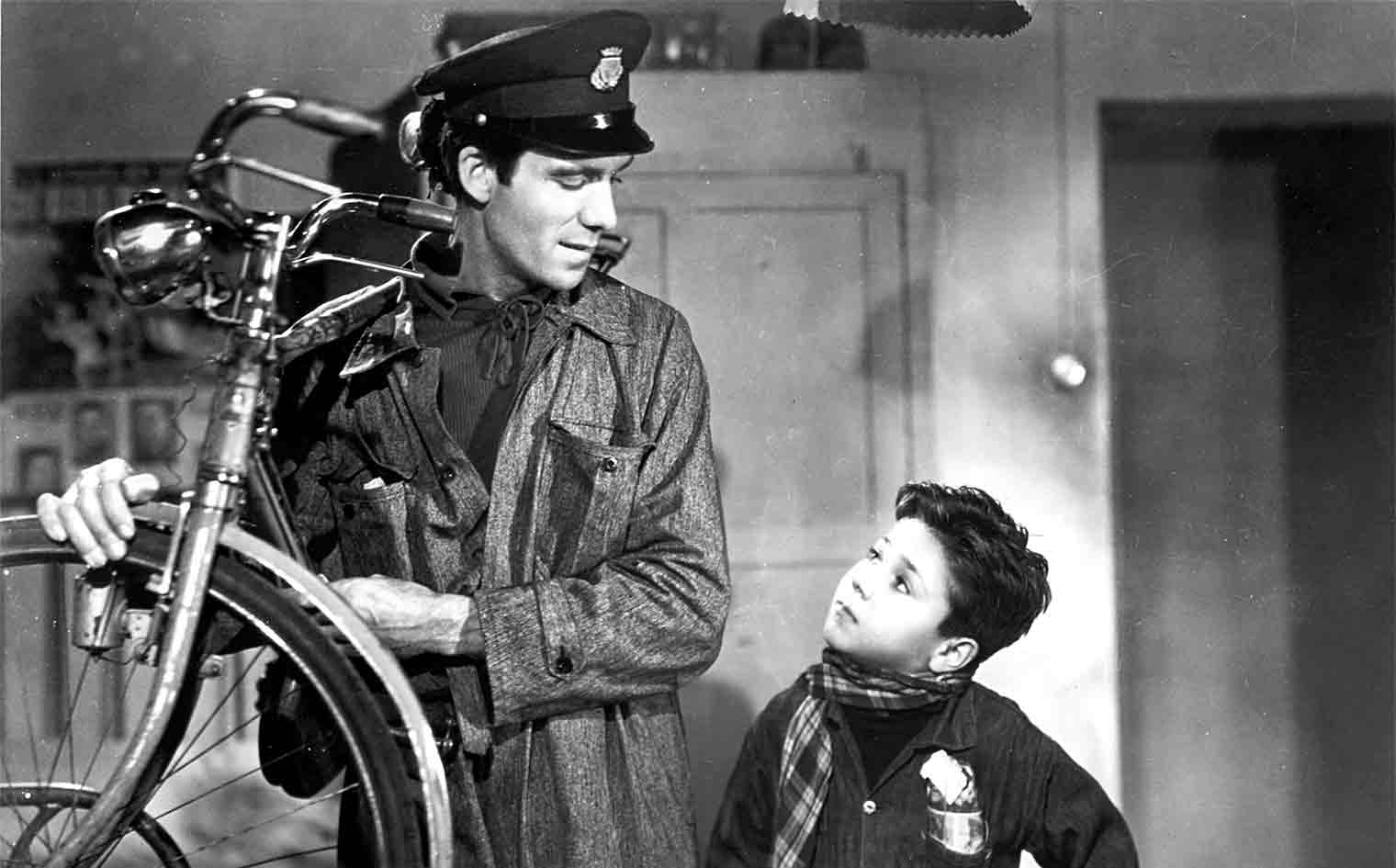
Directed by Vittorio De Sica, this film is one of the finest examples of Italian neorealism. Set in a post World War II Rome, based on a novel by Luigi Bartolini, the film follows the search of a bicycle by a poor father whose family will be left impoverished if the bicycle is stolen. Played by Lamberto Maggiorani, who brings the desperate father’s role to life and Enzo Staiola as the young boy, the acting in this film is beyond reproach. The narrative itself is nuanced with the bicycle standing as the main motif and becoming a symbol of hope that was stolen from the Italians who had to go through the harsh realities of the second world war. De Sica’s expertly handled film also serves as a critique of post war society and mob justice and is an incisive film that is a mandatory part of Italian cinematography.
Read More: Best French Movies of All Time
1. 8 1/2
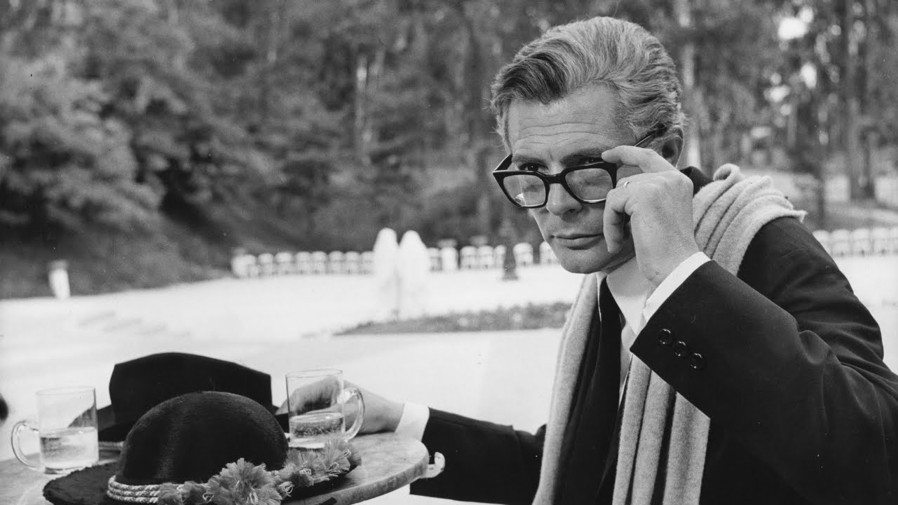
Directed by Federico Fellini, this film is a semi autobiographical drama with its comic moments. It stars Marcello Mastroianni, an actor who has several films with Fellini under his belt. The film explores the life of a director, Guido Anselmi, based on Fellini’s own life as he struggles to make an epic science fiction film. The title of the film is a reference to Fellini’s own body of work. This is perhaps Fellini’s best work and the finest film to come out of the Italian film industry, praised for its avant-grade style, expert scripting and competent acting, the film is recognized globally as one of the finest films in world cinema.
Read More: Best Spanish Movies of All Time

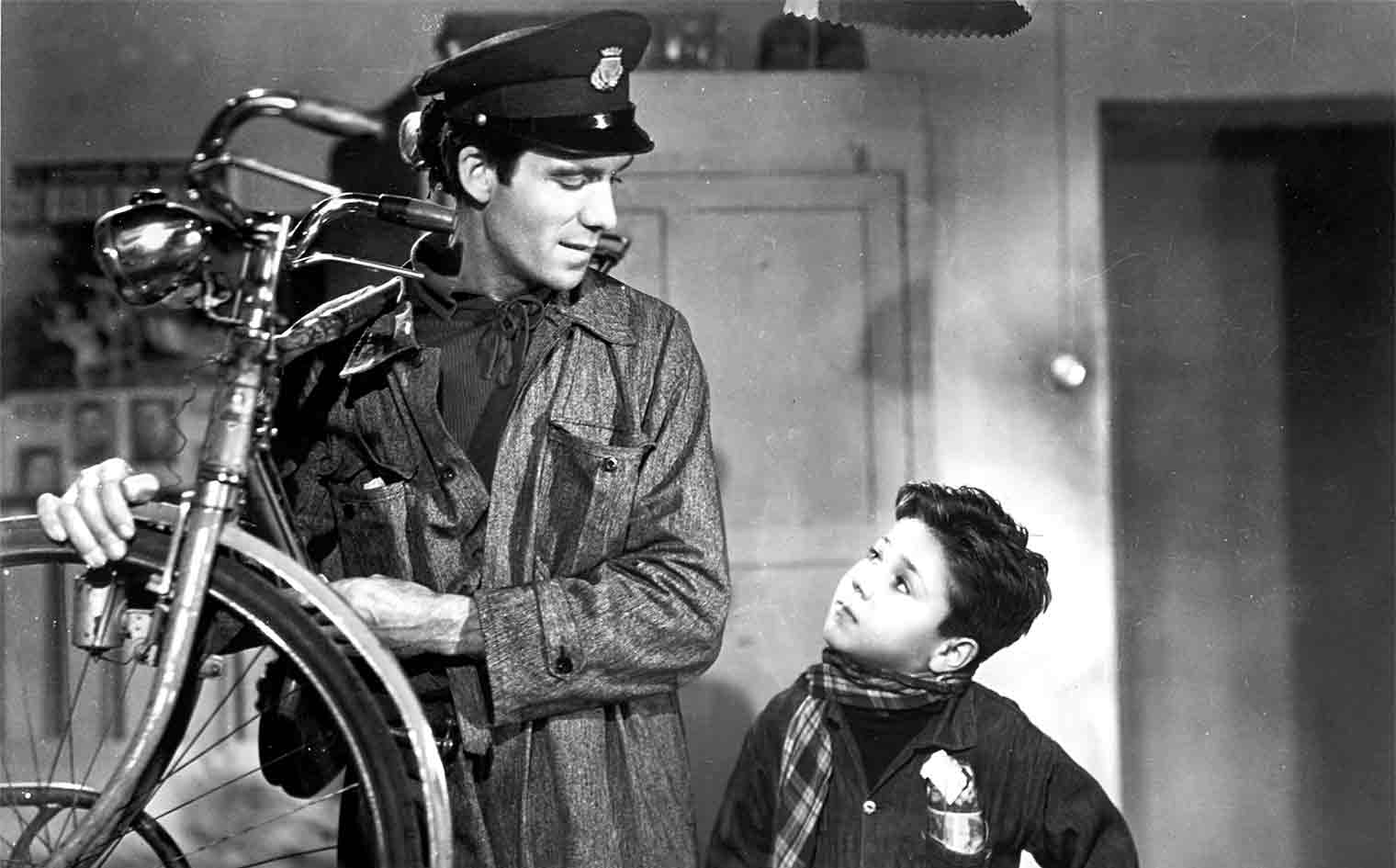
You must be logged in to post a comment.